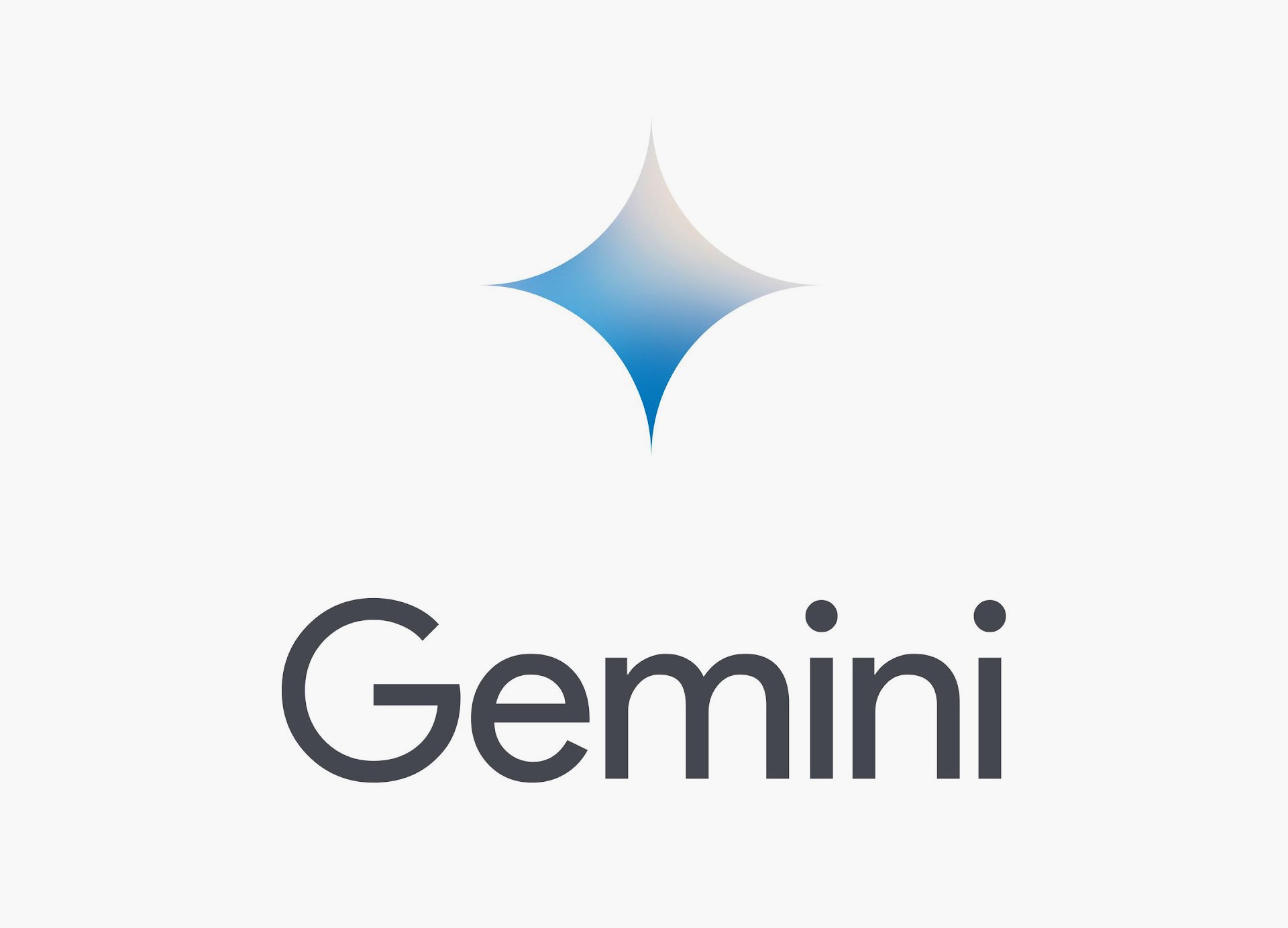Google is concerned about the impact of artificial intelligence services on the performance of Pixel phones, so it wants to add more space in its phones’ memory (Getty)
Google said that running artificial intelligence models on smartphones consumes a lot of random memory (RAM).
The American company had previously announced its intention to provide the “Gemini Nano” artificial intelligence model in its “Pixel 8 Pro” phone, while the other “Pixel 8” version will not receive the model, due to restrictions related to hardware specifications. .
Google later announced that the model would be available in the Pixel 8, but in the form of an “option for developers,” which means that users will only be able to turn it on through the developer options menu hidden in the settings, unlike the availability of the model in the “Pixel 8 Pro” phone by default. In the user interface.
Siang Zhao, Google's Vice President of Devices and Services Programs, explained the company's decision via an official audio program (podcast) affiliated with Google, noting that the "Pixel 8 Pro" phone contains 12 GB of random memory, which makes it suitable for operating the Gemini Nano model. The Pixel 8 has less RAM, at 8 GB, and it was not easy to run the model on it.
According to Zhao, Google's fear is because the company does not want to "reduce the experience" in the Pixel 8 phone, which has less random memory compared to the other version.
Zhao added that the company wants some of its AI-supported features - such as Smart Reply - to be “located in random memory,” which means that the model will permanently occupy part of the random memory in preparation for operating those features at any time.
On the other hand, recent leaks indicate that Apple is in the process of increasing the random memory and storage capacity in the basic versions of the upcoming iPhone 16 phones, in preparation for including artificial intelligence models capable of working on these devices.
Source: websites

